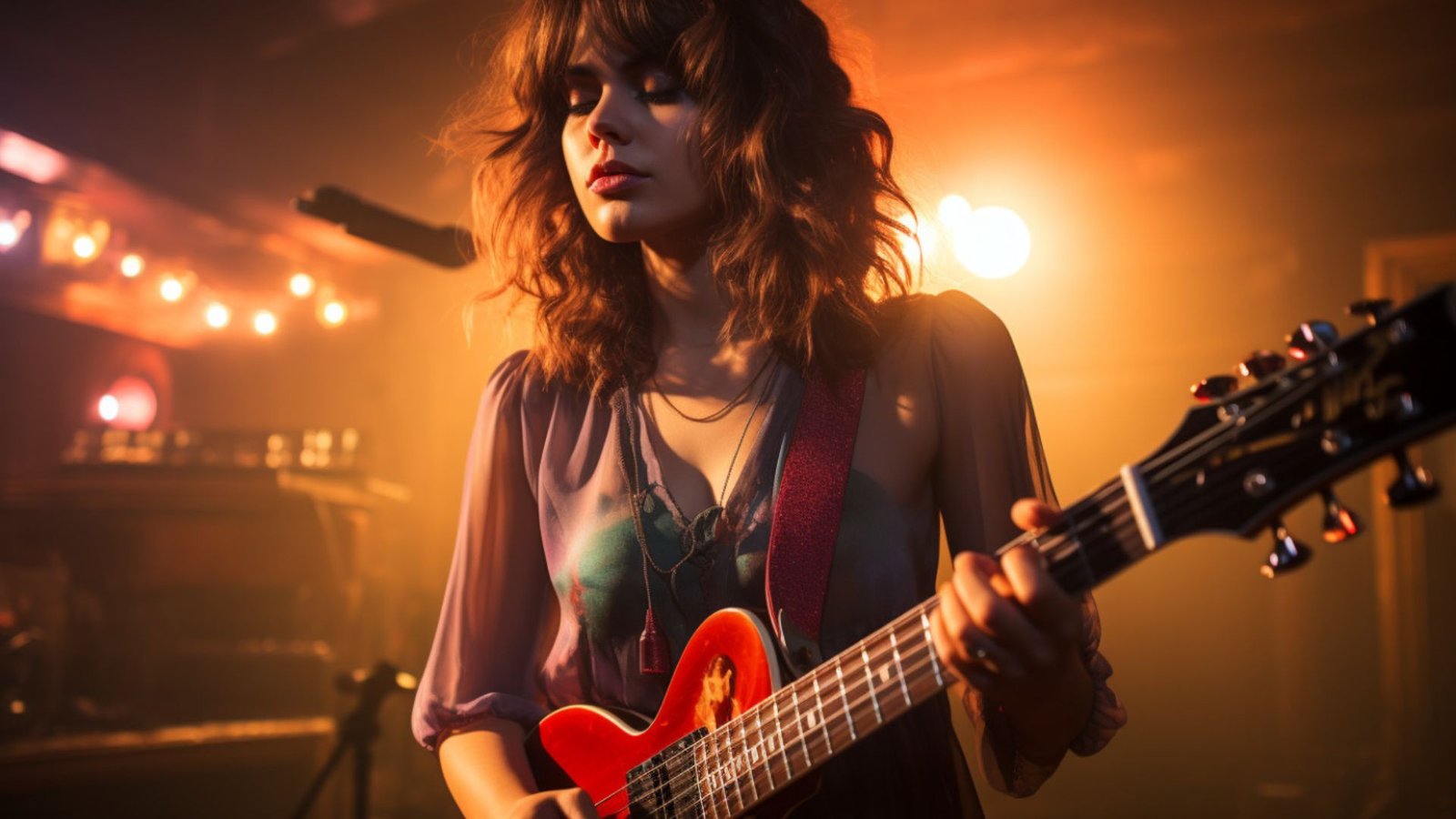The Influence of Indie Music on Mainstream Pop and Rock
Indie music, once a niche genre with a DIY ethos, has slowly infiltrated the mainstream music scene, influencing pop and rock in ways that are now undeniable. Over the past couple of decades, elements of indie music have shaped mainstream culture, not only in terms of sound but also in attitudes toward production, authenticity, and the very way music is consumed. In this article, we’ll explore how indie music has impacted mainstream pop and rock and why its influence is likely to continue shaping the landscape of popular music.

Introduction of Lo-Fi, DIY Aesthetics
One of the most significant contributions of indie music to mainstream pop and rock has been its DIY (do-it-yourself) aesthetic, characterized by lo-fi production, home-recorded demos, and a stripped-down, authentic sound. In contrast to the highly polished and commercial sounds of mainstream music, indie artists often prioritize rawness, intimacy, and vulnerability in their music.
- Lo-Fi Sound: Indie bands and artists like The Strokes, Arcade Fire, and Mac DeMarco popularized lo-fi, guitar-driven sounds with simple, imperfect recordings. This aesthetic found its way into the mainstream with pop artists like Billie Eilish, who uses minimalistic, imperfect production to create a raw emotional atmosphere.
- DIY Approach: Indie artists have also embraced a more hands-on, self-sufficient approach to music creation. This attitude towards self-production has influenced mainstream pop acts, encouraging them to experiment with non-traditional recording processes. For example, Lorde’s debut album Pure Heroine was praised for its DIY aesthetic and minimalist production, inspiring other top-tier pop musicians to adopt more experimental, less commercial sounds.
Hybridization of Genres
Indie music’s ability to blend various genres has been a driving force behind the fusion of styles in mainstream music. Indie rock, folk, electronic, and even punk influences have become seamlessly incorporated into pop and mainstream rock, creating a new hybridized sound that blurs traditional genre lines.
- Pop Meets Indie Rock: Indie rock’s influence is particularly evident in pop music today. Artists like Tame Impala, Vampire Weekend, and MGMT have brought an eclectic mix of rock, electronic, and psychedelic sounds into the mainstream, merging with pop sensibilities. This hybrid approach has given rise to more experimental and genre-bending albums by pop stars like Harry Styles, whose solo work combines indie folk, rock, and pop elements.
- Folk Revival in Mainstream: Indie folk and acoustic-driven music also found its way into the mainstream, thanks to artists like Bon Iver, Fleet Foxes, and Sufjan Stevens. Pop artists such as Mumford & Sons, The Lumineers, and Of Monsters and Men embraced this acoustic, heartfelt sound, influencing mainstream pop-rock tracks and pushing folk music into commercial success.
Embracing Authenticity and Vulnerability
Indie music’s emphasis on authenticity and vulnerability has had a profound impact on the lyrical content of mainstream music. Indie artists often tackle personal and introspective themes, confronting emotions, mental health, and societal issues with openness. This rawness has resonated with listeners and inspired mainstream pop and rock musicians to move away from formulaic lyrics and embrace more personal and introspective songwriting.
- Personal Narratives: Indie acts like Bon Iver and The National have brought deeply personal lyrics to the forefront. Their ability to capture complex emotions and relationships in song has influenced mainstream pop artists like Lana Del Rey, Adele, and Troye Sivan, who write candidly about their own experiences and inner turmoil.
- Mental Health Awareness: Indie musicians have long explored themes of mental health, loneliness, and existential questioning. This has influenced major pop artists such as Billie Eilish, who has used her platform to discuss issues like depression and anxiety.
Conclusion
Indie music has profoundly influenced mainstream pop and rock, leaving a lasting impact on everything from production styles and lyrical themes to the very way music is distributed and consumed. By embracing DIY aesthetics, blending genres, and promoting authenticity, indie music has helped shape a more experimental, personal, and diverse musical landscape. As pop and rock continue to evolve, the influence of indie music will undoubtedly remain a driving force, inspiring artists and listeners alike to explore new sonic territories.



